In a time where superhero movies are revered and box office juggernauts, audiences cannot escape the genre. If the 1950s and 1960s were the era of the Western, then the 2010s and 2020s are the era of the superhero movies. Clearly Marvel fans are passionate about the product, but the films may exhaust others. These films feature destroyed cities, righteous heroes, and justified endings. While entertainment is meant to be an escape from reality, and superhero films are fine examples, isn’t it interesting considering what real life would be like with superheroes? Especially in a year like 2020, it is tough imagining how superheroes would behave.
The Boys
Thankfully, Amazon Prime’s most popular show The Boys paints the grim picture most superhero movies do not. Based on Garth Ennis and Darick Robertson’s comic book series, The Boys follows a scourging group determined to expose and destroy the superheroes that corruptly execute their duties. Unlike the stereotypical superheroes, these monsters murder, sexually assault, and abuse their power to influence the government. The corporation Vought provides countless superheroes to the public, but the most important heroes are The Seven, similar to The Justice League and The Avengers. Since Vought is a corporation, they devote countless time and money to social media, merchandise, public appearances, films, you name it. They do not focus on helping citizens; they focus on helping themselves. Whether they try convincing citizens that all immigrants are a threat, or try violently dividing the country based on beliefs, Vought and its superheroes consistently manipulate each and every person.
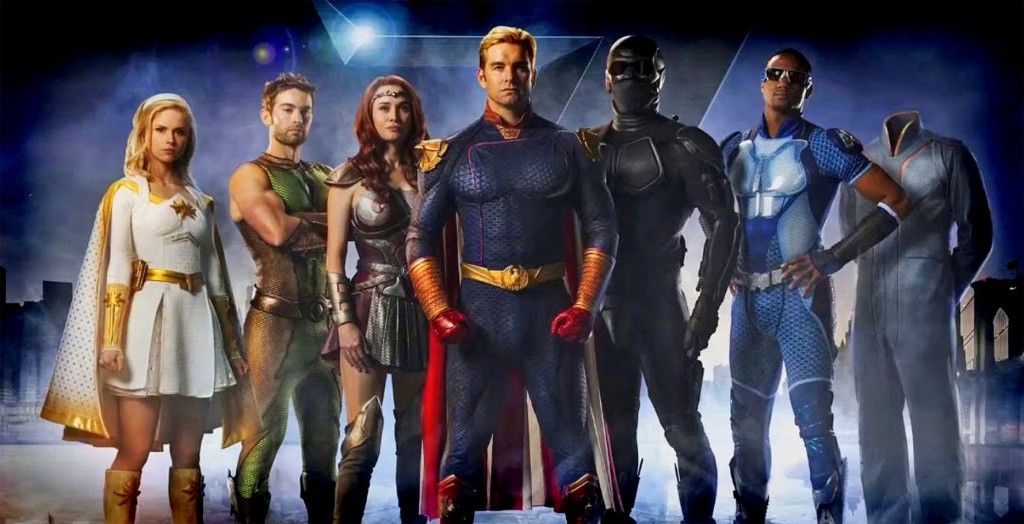
The Boys combat these atrocities. In the show, Hughie is a skinny, awkward guy simply enjoying his life with his girlfriend. Superheroes abruptly plow through that bliss he enjoys, turning his life upside down. He meets Butcher, an experienced superhero hunter seeking revenge for what these heroes did to him. Reluctantly Hughie joins forces with Butcher and the rest of The Boys to pursue true justice. Such a dark take on something normally looked at with bright eyes, The Boys screams Dostoyevsky. The show’s characters and themes mirror some of the Russian author’s most popular work.
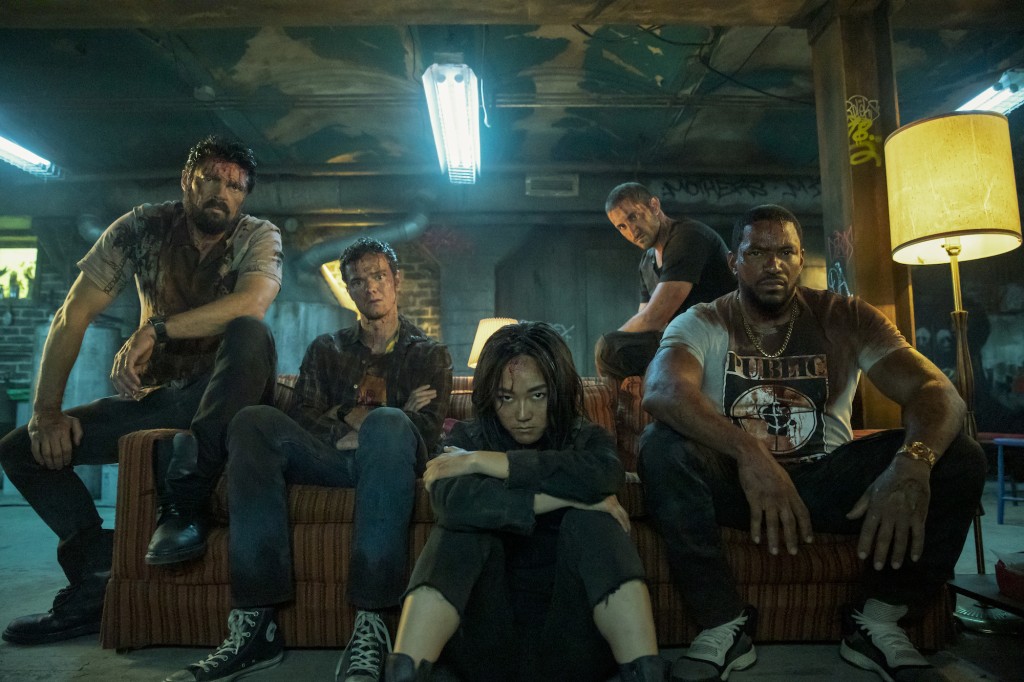
Homelander
Leader of The Seven, Homelander embodies everything Vought aspires to be. To the public, he is their tireless hero. Someone who will protect everyone and fight against terrorism. To those close to him, Homelander is a maniac. His abuse of power permeates to even other members of The Seven. Whether he violently threatens human employees at Vought or viciously dismembers people performing petty crimes, Homelander takes immense pleasure in every horrific act he does. He will and has let innocent people perish to keep his appearances up. Without diving too deep for the sake of spoilers, Homelander is one of the most despicable characters you will see in television, but his character has interesting depth that might answer why he behaves this way.
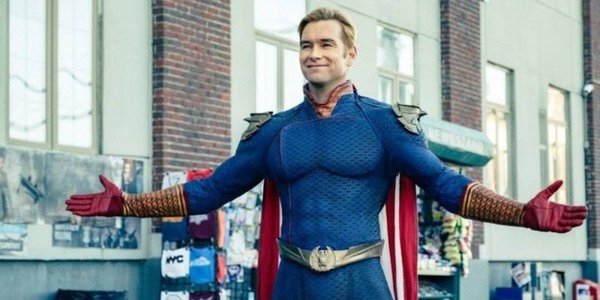
One of the key themes in Dostoyevsky’s The Idiot is the ideal human being. Dostoyevsky presents Prince Myshkin as that apex human. The character does not put on a façade by pretending to be friendly. Despite this transparency, Myshkin cares for others. Homelander shares several similarities but also clear differences to Myshkin. To the public, Homelander is exactly like Dostoyevsky’s perfect man. The Seven’s leader comes off as honest and caring to everyone that adores him. In a way, he does put on a façade, but behind closed doors with his peers and subordinates, there is no façade. There is no “friendly face” that sugar coats anything. His true honesty cuts through everyone, figuratively and literally. The most important difference between Homelander and Myshkin is Homelander’s toxic obsession with everyone’s opinion of him. Ever since a child, a huge responsibility weighed on his shoulders, and with Vought’s constant metrics with social media, Homelander still worries what the world thinks of him. Homelander could be argued as an attempt at the perfect human but someone who fails under the immense pressure.
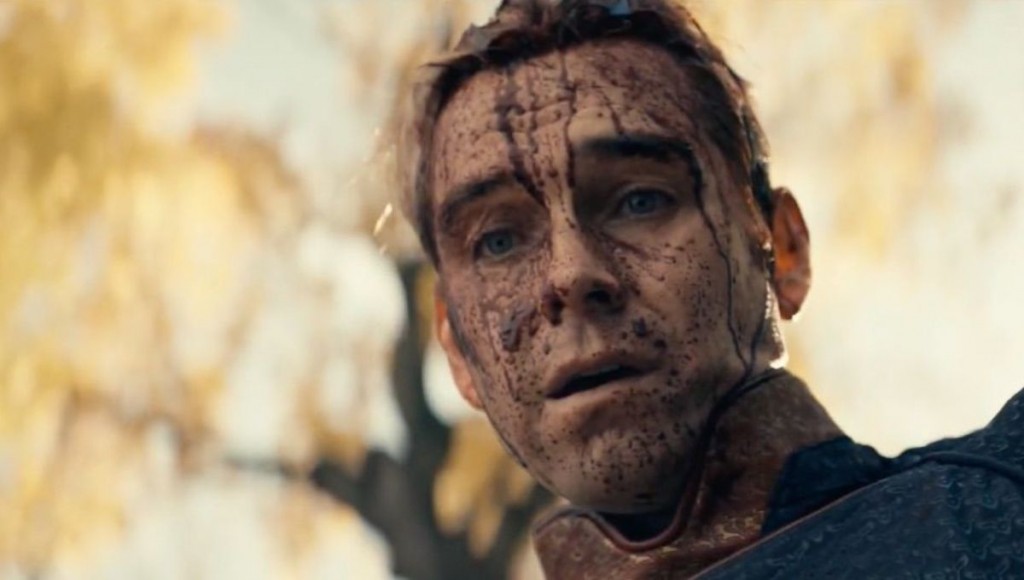
Homelander and Stormfront
Despite Homelander’s domination, a new member of The Seven disrupts his reign as the most influential hero. New fan favorite Stormfront appeals to the masses thanks to her abrasiveness and outward defiance of corporate Vought. Fans relate to her on a seemingly deeper level than the almighty Homelander. After this switch, and a not so convenient viral video showing Homelander carelessly killing someone, Homelander’s social score plummets. The fame that fuels his unmatched ego abruptly dies, and he becomes madder than before. Tension rises as he fantasizes about incinerating protestors. While on the surface it appears someone drastically different from him stole his thunder, Stormfront actually works with nefarious means as she reveals to Homelander her decades long connection with Vought. Suddenly, their relationship becomes much more intimate.
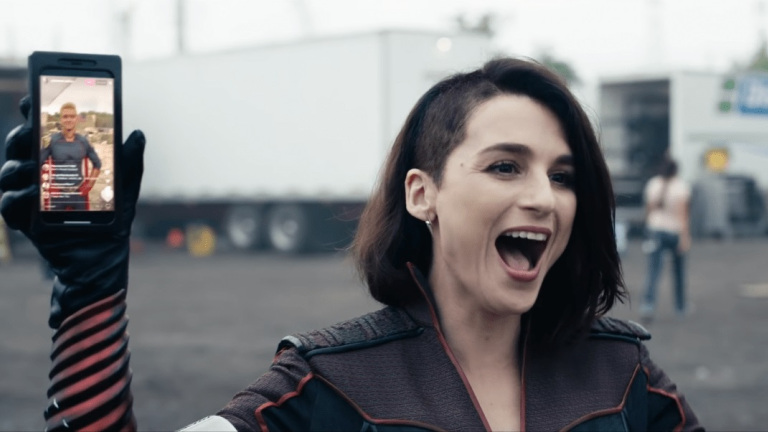
Dostoyevsky’s The Double contains several parallels to Homelander and Stormfront’s relationship in The Boys. A key difference is their relationship’s progression is opposite to Golyadkin and his double’s in Dostoyevsky’s novel. In the novel, Golyadkin struggles at work and in his social life. After appearing at a party he was not invited to, he gets thrown out but stumbles across someone looking identical to him. At first, their relationship is friendly as they stay up late into the night at Golyadkin’s apartment. While Golyadkin is reluctant to welcome his double at first, he nevertheless is charmed by him. Stormfront takes much longer to charm Homelander. Despite this difference, both plots follow someone disrupting the other’s life by winning over the people the original person could not. Golyadkin and Homelander deteriorate as they watch everything they work for be stolen by someone else. By the end of The Double, a doctor takes Golyadkin to a mental institute. Homelander might not be going to a mental institute, but where his journey currently ends with Stormfront might as well lead him there.
Starlight
Someone who might be closer to the true perfect human presented in The Idiot is Starlight. A young woman from a small, country town, Starlight won a spot in The Seven thanks to her gorgeous appearance and humble background. Her whole life she dreamed of saving the world alongside her favorite heroes. Not long into her time as the newest member of The Seven, Starlight realizes the world she idolized is a farce. One of her first days included The Deep making sexual advances on her. After momentary kindness from Homelander, Starlight witnessed his murderous ways countless times. She soon figured out The Seven was corrupt and concentrated on financial and societal gain.
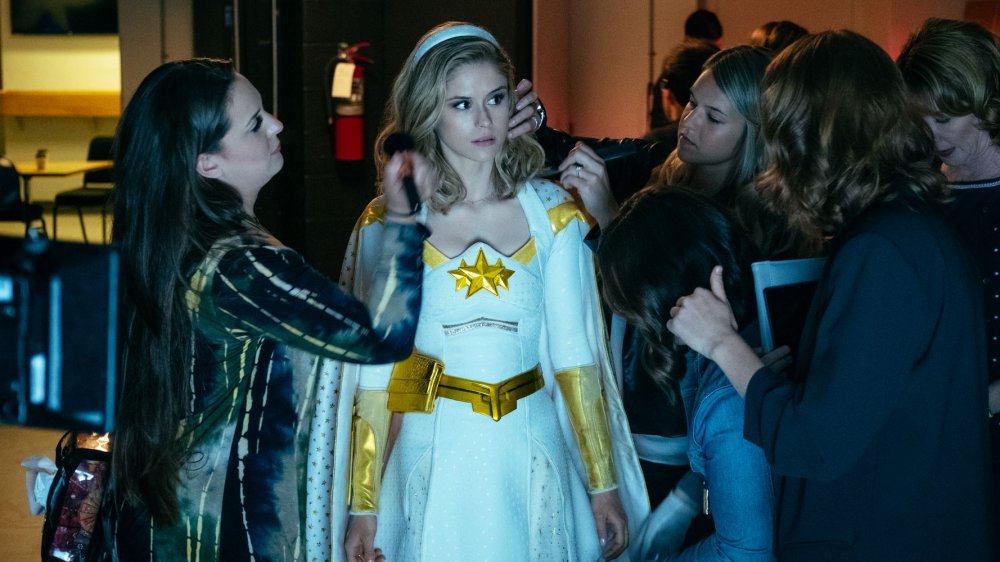
In The Idiot, Dostoyevsky commentates on how an ideal person’s beliefs clash with reality. What the ideal person believes to be justified and true is actually not the case in the real world. People find money as the only importance, and it causes endless corruption. Starlight embodies this idea because her ideologies come from a place of love. She joins The Seven with the purest intentions; the intentions Vought preaches to its audience. When she arrives though, her moral compass shatters thanks to the crooked heroes. While she must put on a façade to navigate the horrifying halls of Vought, she does so in order to fight against the corporation’s wrongdoings. Thankfully, her morals assist in her fight to rid the world of evil no matter where it stems from.
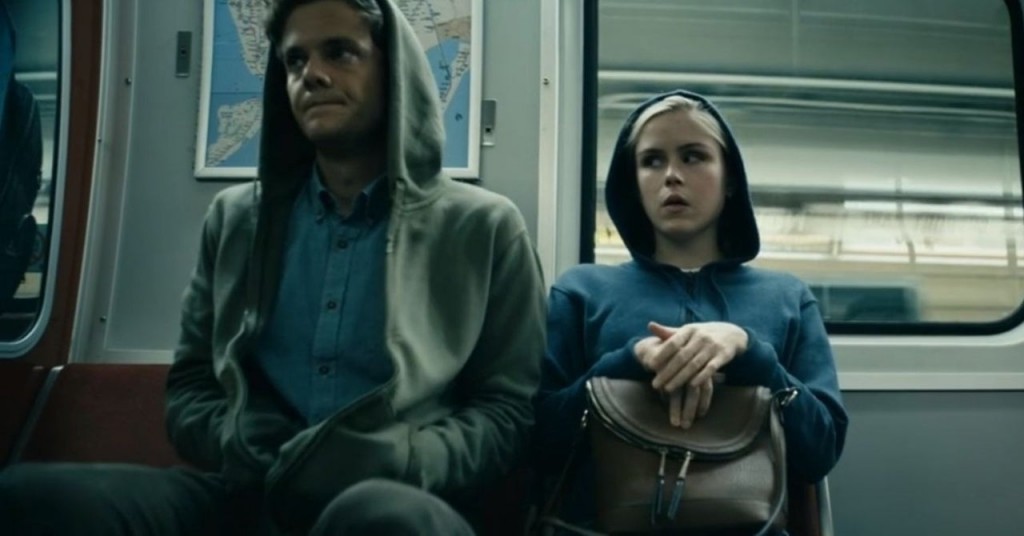
Butcher
Billy Butcher is a charming and determined man hellbent on destroying Vought. After Homelander ripped someone dearly important from his life, Butcher has never stopped his fight against Vought and Homelander specifically. Even though a mere mortal pales in comparison to a superhero, Butcher continues to be a thorn in Vought’s side. Years ago he joined The Boys to fight the disgusting corporation, and he has never ceased since. Without giving anything away, the specific reason he continuously fights justifies why he puts everything he has into the battle. His reasoning illustrates the ruthless character he is.
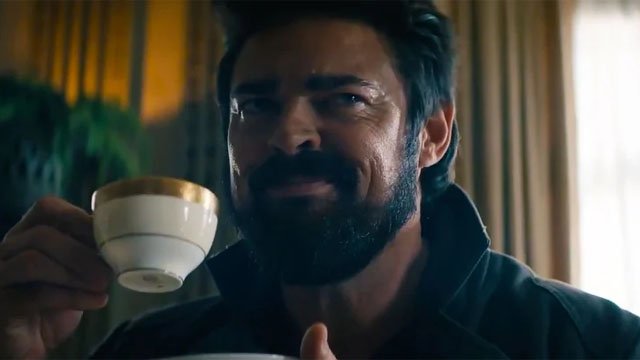
Butcher’s character aligns with several Dostoyevsky works in an almost blatant way. Firstly, his specific character traits resemble Raskolnikov in Crime and Punishment. Both characters alienate themselves from society and always uses others as tools. Butcher, almost forcefully but also willingly, isolates himself from the world in order to take down Vought. Along the way, he influences many people to help him. Most of the time those people receive the short end of the stick, and Butcher comes out on top with all the gain.
Themes surrounding Butcher’s character are eerily similar to Notes from the Underground as well. According to the Underground Man, narrow-minded people are the only ones who can perform actions with absolute confidence. Their stubbornness does not allow doubt. Butcher is as narrow-minded as anyone as he refutes anyone else’s ideas. His gruff nature allows him to take charge and go head on with such powerful entities without ever wavering.
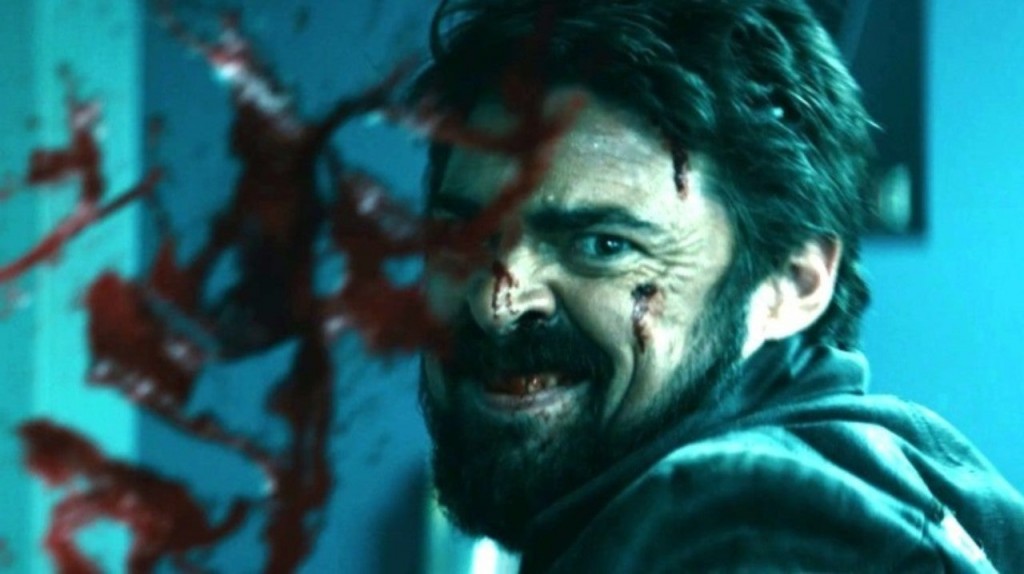
Hughie
Every stubborn, tough character needs its antithesis. Hughie Campbell is that to Butcher. Despite never thinking he would fight against superheroes, Hughie ends up in the thick of it next to Butcher and the rest of The Boys. While there are several points in the show where Hughie actively makes his own choices and stands up to Butcher, there are more times where he shirks to Butcher’s confidence. Hughie’s understanding of multiple outcomes to plans pisses off Butcher, and it leaves Hughie begrudgingly following along. He carries much more doubt at times than Butcher.
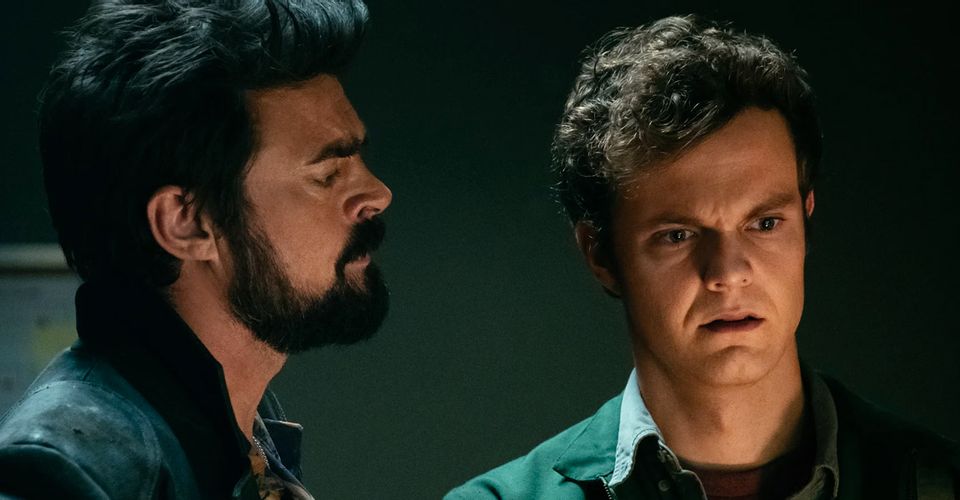
Looking at Notes from the Underground again, the Underground Man is also like Hughie. There are points in the novel where the Underground Man is more passive. He understands all the alternatives, and those alternatives influence his decisions. Dostoyevsky believes that the person that takes time to think and understand various outcomes is smarter than the more stubborn person that immediately reacts with emotion. This sentiment plays out in The Boys as the seasons go on. Eventually Hughie’s mindset benefits him, and Butcher acknowledges him for it. There are moments where Hughie adopts a similar approach to Butcher and comes out on top, but Butcher does the same. He sometimes listens to Hughie, and the characters working together creates this harmonious relationship that creates a legitimate threat to Vought and The Seven.
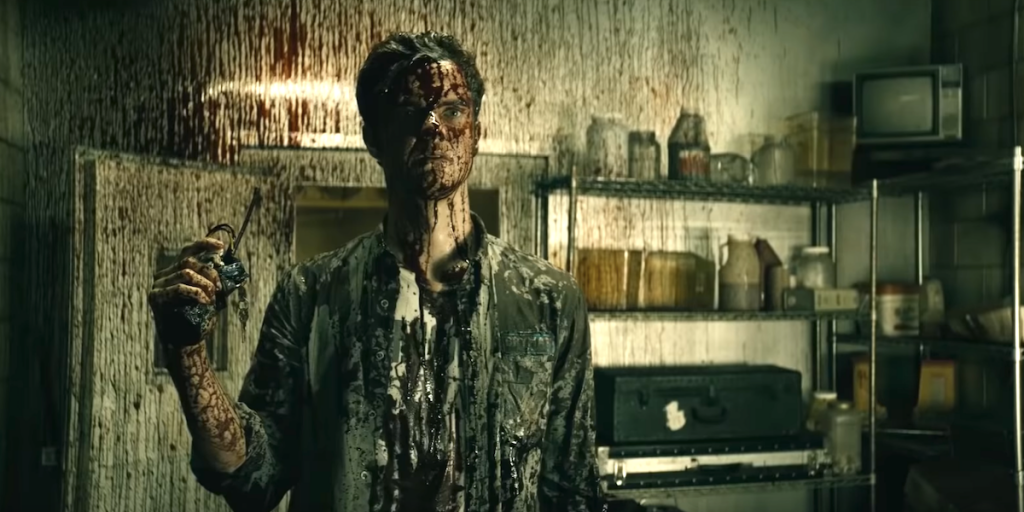
Dostoyevsky Reimagined
Some stories may unintentionally pull from Dostoyevsky’s classic work, but filmmaker Vitaly Sumin actively engages in his stories. For decades Vitaly Sumin has adapted Dostoyevsky’s novels into unique and captivating films. In 2011 Vitaly Sumin released Notes from the New World which is a retelling of Dostoyevsky’s Notes from the Underground. The film takes place in modern Los Angeles where an aspiring actor gets caught up in a huge mess involving two lovers, cults, and the Russian mafia.
While no film production is a cake walk, Vitaly Sumin and his crew faced an uphill battle when their original screenwriter Robert Hurley went missing. Not only was he gone, but in his possession was the only shooting script. Determined to find answers, Vitaly Sumin and his crew entered Hurley’s apartment to find not Hurley, but countless items tying him to the occult and the Russian mafia. Eerily his own life influenced his writing for Notes from the New World. Thankfully, Vitaly Sumin documented the events and made them into an absurd and compelling film called Dostoyevsky Reimagined: The Making of Notes from the New World. The film is currently in postproduction, so make sure to follow all the links and stay up to date on everything VM Productions.
***
Want to know about VM Productions‘ Dostoyevsky-Los Angeles Project and about the films we make? Want to participate in our projects? Sign up to get tickets to the premiere of our movie (currently in post production), Dostoyevsky Reimagined-BTS and grab our FREE e-books !
 |
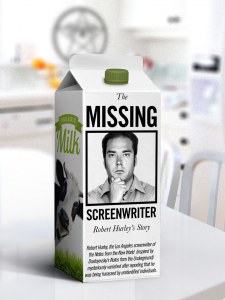 |
Follow us through our social media on Twitter, Facebook, Pinterest, Tumblr, Instagram, Goodreads.

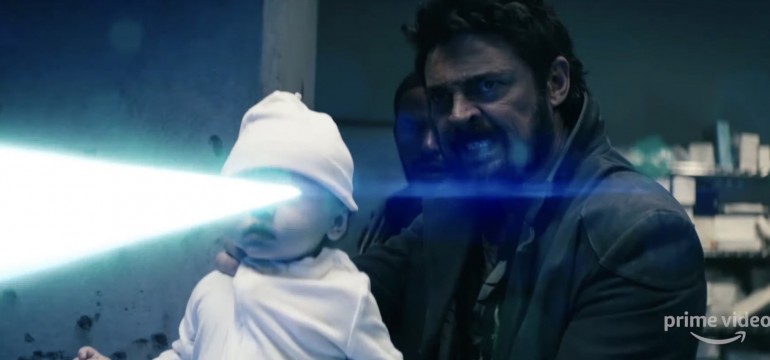
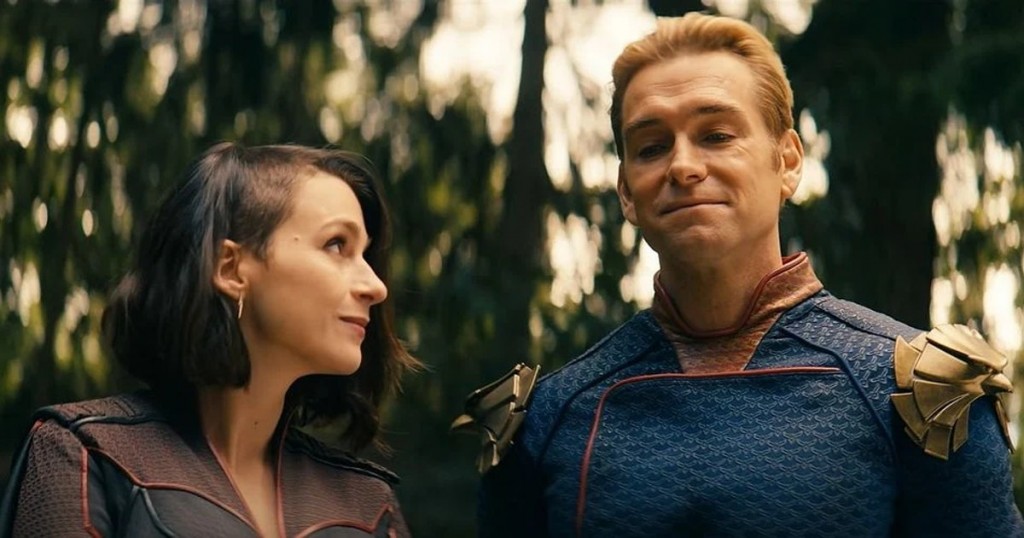

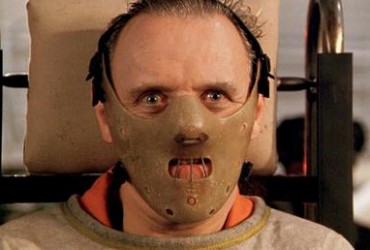
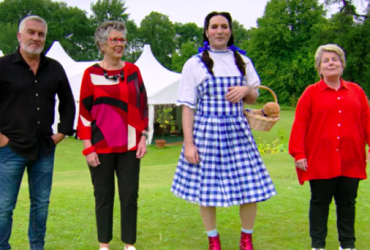
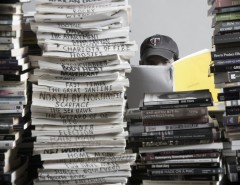


Leave a Reply